As farmers and food producers, what matters to consumers matters to us.
Rising costs and farm profitability
Canadians are living in a time of extraordinary pressure as we face inflation, rising interest rates and general uncertainty after several years of turbulence driven largely by the COVID-19 pandemic. On the farm, it’s a similar story.
Fruit and vegetable growers, as well as farmers in all sectors across Canada, are dealing with price increases on essential farm inputs like fuel and fertilizer, higher debt servicing costs due to rising interest rates, ongoing supply chain disruptions, labour shortages and the fallout from international conflicts that is impacting global markets.
Food prices are also going up, but that isn’t translating into more money into fruit and vegetable growers’ pockets, leaving us struggling to keep up to historically high production costs. In fact, some growers this year were receiving prices that were the same or even lower than last year, despite the dramatic increase in production costs.
Staying competitive in a global market
Like it or not, fruit and vegetable growers deal with a perishable product and unlike farmers who produce other crops, they can't just hang on to it and wait for prices to improve. If they don’t sell what they grow in a relatively short amount of time, the produce perishes and is no longer sellable at all.
It's also true that Canadian fruit and vegetable growers are part of a global marketplace. Many other countries around the world grow fruit and vegetable crops that are also grown here at home, which really influences the prices Canadian growers receive.
This is particularly true in countries where farmers have lower costs, longer growing seasons or fewer regulations that make it hard for Canadian growers to compete on price. In fact, it makes it very hard if not impossible for Canadian growers to pass along any increases in their production costs to their customers; most produce buyers will simply look for a lower-priced alternative from somewhere else.
This means we have always been price takers with little to no ability to recoup cost increases from the marketplace and every price increase to our businesses makes it that much harder for growers to stay profitable or competitive.
As farmers and food producers, what matters to consumers matters to us.
Food inflation and costs
The numbers are clear. Even though Canada’s overall inflation rate has been declining in recent months, food inflation conintues to remain high, leaving many Canadians facing stark choices about how to put food on the table.
As farmers and food producers, what matters to consumers matters to us. Food pricing is an important issue for all of us, but it’s also a complex one because there are so many factors that contribute to increases. They include supply chain instability, production shortages, higher energy and fuel costs, insufficient transparency around added fees and costs that are now part of produce wholesale, and even the impacts of international events like the war in Ukraine.
For growers, the costs of all of their inputs – the products and equipment they use to grow their crops – have been increasing rapidly this year. In Ontario, for example, the price of nitrogen fertilizer increased by 128%, and the price of diesel fuel increased by 110% from May 2020 to May 2023. Other, perhaps less well-know production costs like boxes and packaging have also gone up dramatically due to overall inflation in the economy.
At the same time, even though food prices have shot up for consumers, the prices growers receive along the supply chain have not even come close to keeping in line with their escalating input costs. While retailers use their access to lower priced imports to keep the prices paid to local farmers down, consumers have still seen a big jump in their grocery bill at the checkout.
What growers need:
- fair grocery pricing practices
- a regulatory environment that supports local food production and creates a competitive business environment for fruit and vegetable growers

